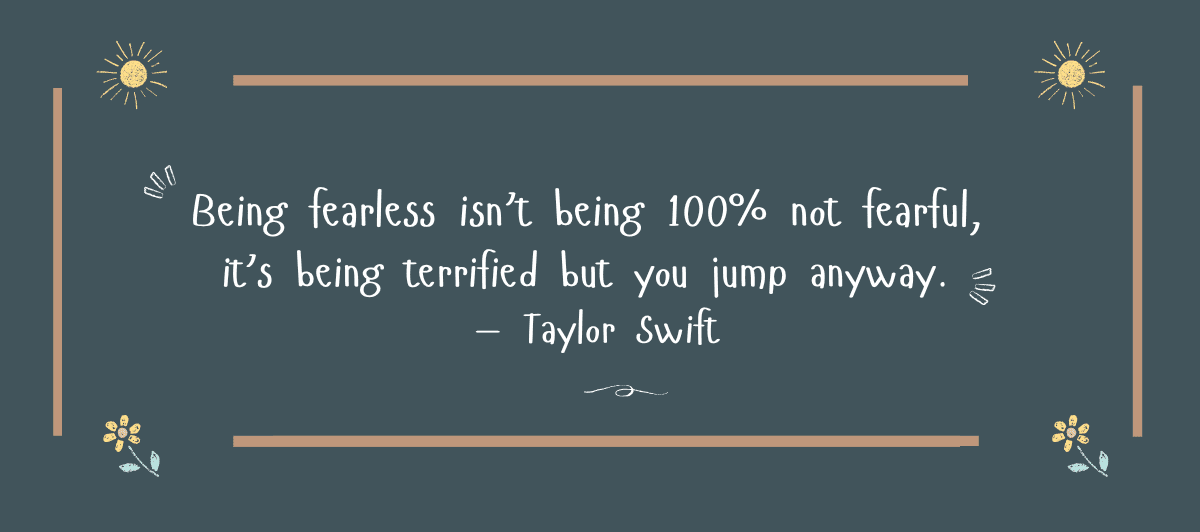
Rock the School Year: 3 Tips for a Child’s Success
The beginning of the school year – a time when emotions can be heightened, from excitement to anxiety and all the feelings in between. I remember those feelings from my own childhood!
Telling a child… ‘you can do this, you’re stronger than you think, you’ll get through this, just be yourself, focus on the fun parts’ – they can’t – no matter how many times they hear it! When emotions are overwhelming, it can be hard for kids to focus on positive affirmations or past successes.
Without strategies a child’s emotions can quickly become unmanageable, affecting their resilience and heightening their anxiety.
Three tips to help kids work through their emotions:
1. Problem-Solving is an essential tool for building emotional resilience. Encourage kids to reflect on their emotions and how to navigate different situations through role-playing. For example, you can create scenarios they might encounter at school, such as dealing with a disagreement with a friend, walking down the hall past older students, handling peer pressure, or tackling a difficult homework assignment. Acting out these scenarios allows them to express their feelings in a safe space, gain a sense of control, practice effective responses and explore various solutions.
2. Positive Self-Talk plays a significant role in building emotional resilience by helping kids manage their thoughts, emotions and reactions in challenging circumstances. It helps counteract negative thoughts that can lead to feelings of anxiety, stress or self-doubt. Reminding themselves that they can handle the situation or that they’ve been through tough times before, can reduce feelings of overwhelm and boost their confidence. Help your child come up with a positive phrase, such as ‘I can do this’, ‘I believe in myself’ or ‘I am brave.’ Suggest they write it down and place it in their room as a constant reminder.
3. Mindfulness Techniques such as deep breathing, meditation and visualization significantly strengthen their emotional resilience by fostering increased awareness, more effective management and deeper understanding of how emotions influence their moods. By practicing mindfulness, kids learn to observe their thoughts and emotions without immediately reacting to them. This pause creates space to choose more constructive responses, helping to prevent impulsive reactions and reduce emotional outbursts. Here’s a link to a 2-minute meditation that my 12-year-old son likes https://m.youtube.com/watch?v=Jholcb8Gz0M
By equipping them with these strategies, you’re not only helping them manage stressful emotions but also fostering a sense of inner strength and calm that will serve them throughout their lives.
Until next time…



